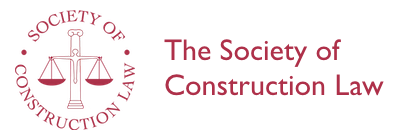Methods of Delay Analysis and how they are viewed by the United States legal system
John B Tieder
February 2009
A paper presented to the SCL International Conference held in London, 6th-7th October 2008.
John Tieder's paper looks at the current jurisprudence regarding proof of delay claims in the United States legal system. He sets out the various jurisdictions and courts before which such claims may be brought in the US (both for Government and non-Government contracts), and the separate statutory, common law and rules of procedure applicable, before looking at the proliferation of various methods of 'proof of delay' and the lack of an accepted protocol (such as the SCL's Delay and Disruption Protocol).
Introduction - 1. Background of proof of delay since the early 1970s - 2. The US context in which delay cases are resolved - Available fora - Statutes dealing with delay and proof of delay - Contract requirements regarding proof of delay - Qualifications of a scheduling expert - Methods of analysis - 3. The accepted methods of requirements for proof of delay - Conflicting jurisprudence - Proof of delay on US Government contracts - Proof of delay on non-US Government contracts - Types of methods accepted or rejected - 4. Conclusion.
The author: John B Tieder is senior partner of Watt, Tieder, Hoffar & Fitzgerald LLP and a member of the District of Columbia, New York and Virginia bars.
Text and Appendix 40 pages
PDF file size: 254k
